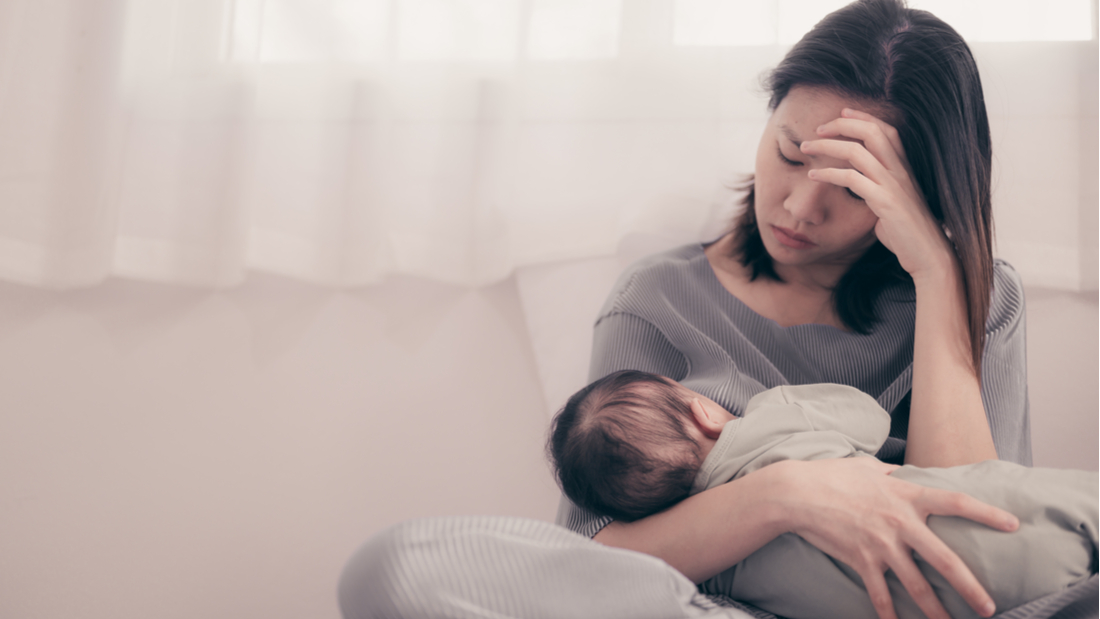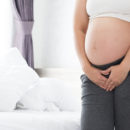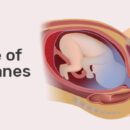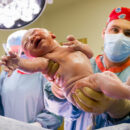
Postnatal depression study reveals condition lasts longer than thought
A new piece of research by America’s NIH’s Eunice Kennedy Shriver National Institute of Child Health and Human Development (NICHD) has found that postnatal depression (PND) often lasts as long as three years.
The study, which was reported in the journal Pediatrics, analysed the experience of 5,000 new mothers and found that around one in four developed high levels of depressive symptoms in the three years following childbirth, with other participants reporting low levels of depression over the same three-year period.
Longer-term screening needed
According to the Royal College of Psychiatrists, 10-15 in every 100 women become depressed after having a baby. Although, as it stands, most treatments and screening efforts are focused on the period up until the child is six months old.
The Royal College of Psychiatrists does report that one in four mothers with PND remain depressed when their child is one-year-old and the latest findings from the US suggest, perhaps, that mental health and pregnancy support services should be doing more to screen for postnatal depression symptoms in the first three years following childbirth.
The study’s authors conclude that six months is too short a period to properly assess symptoms of postnatal depression and has urged public health officials and policymakers to consider longer data sets when determining policy models for identifying and treating PND.
Not to be confused with milder symptons
There is often confusion between the so-called “baby blues” – which is marked by lower level anxiety, mood swings and difficulty sleeping – and postnatal depression which tends to be more intense and more enduring and is frequently characterised by feelings of dread, severe fatigue, reduced appetite, excessive crying, trouble bonding with the child and feelings of despair.
It is important to note that the participants in the NIH study were primarily white women of non-Hispanic heritage. As such, the researchers have said that later studies will seek to include a more diverse range of participants.
Read more about postnatal depression, here.
Important – If you or your child are unwell you should seek medical advice from a professional – contact your GP or visit an A&E department in an emergency. While My BabyManual strives to provide dependable and trusted information on pregnancy and childcare 24/7 via our website pages, we cannot provide individual answers to specific healthcare questions.










